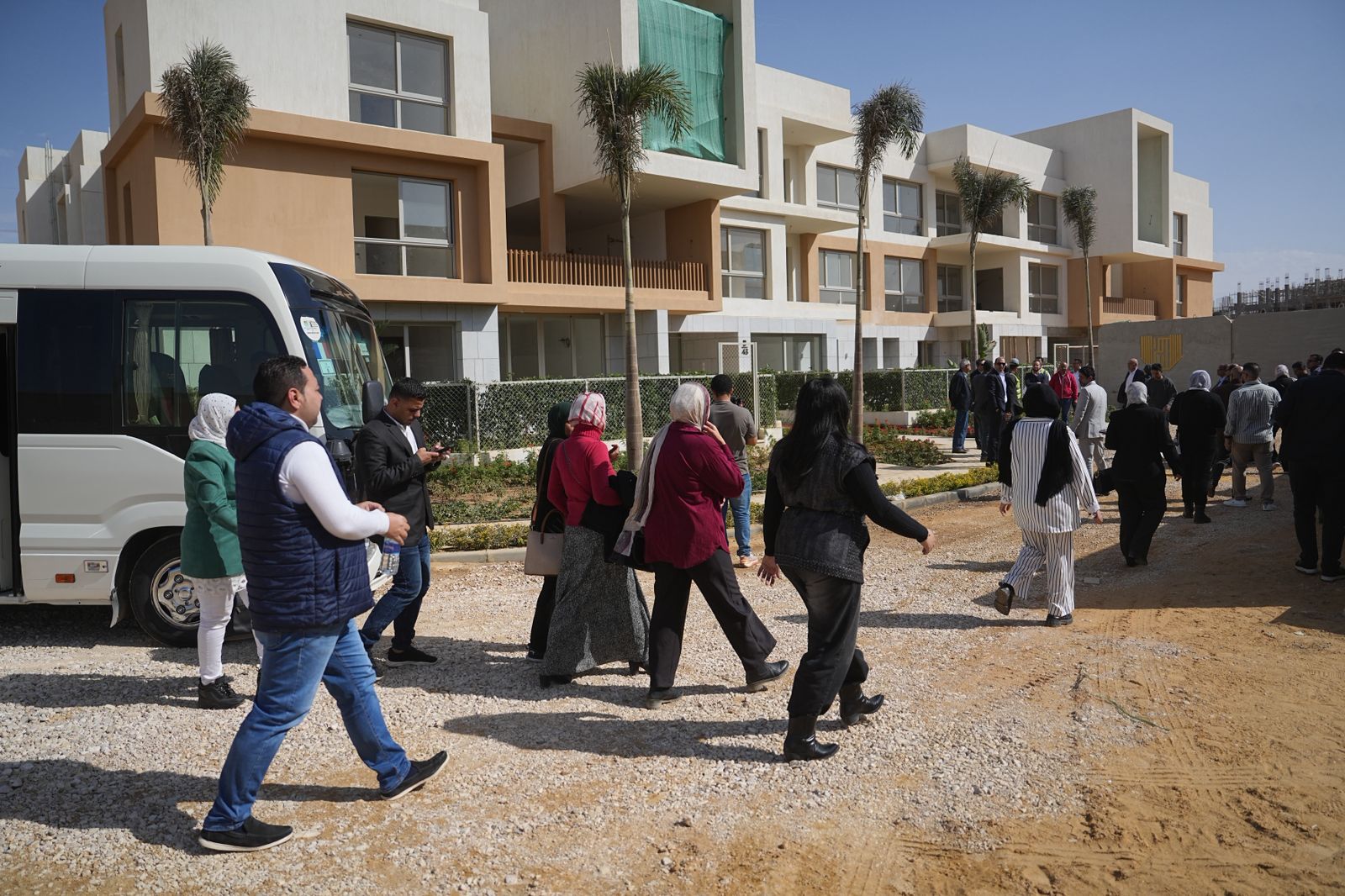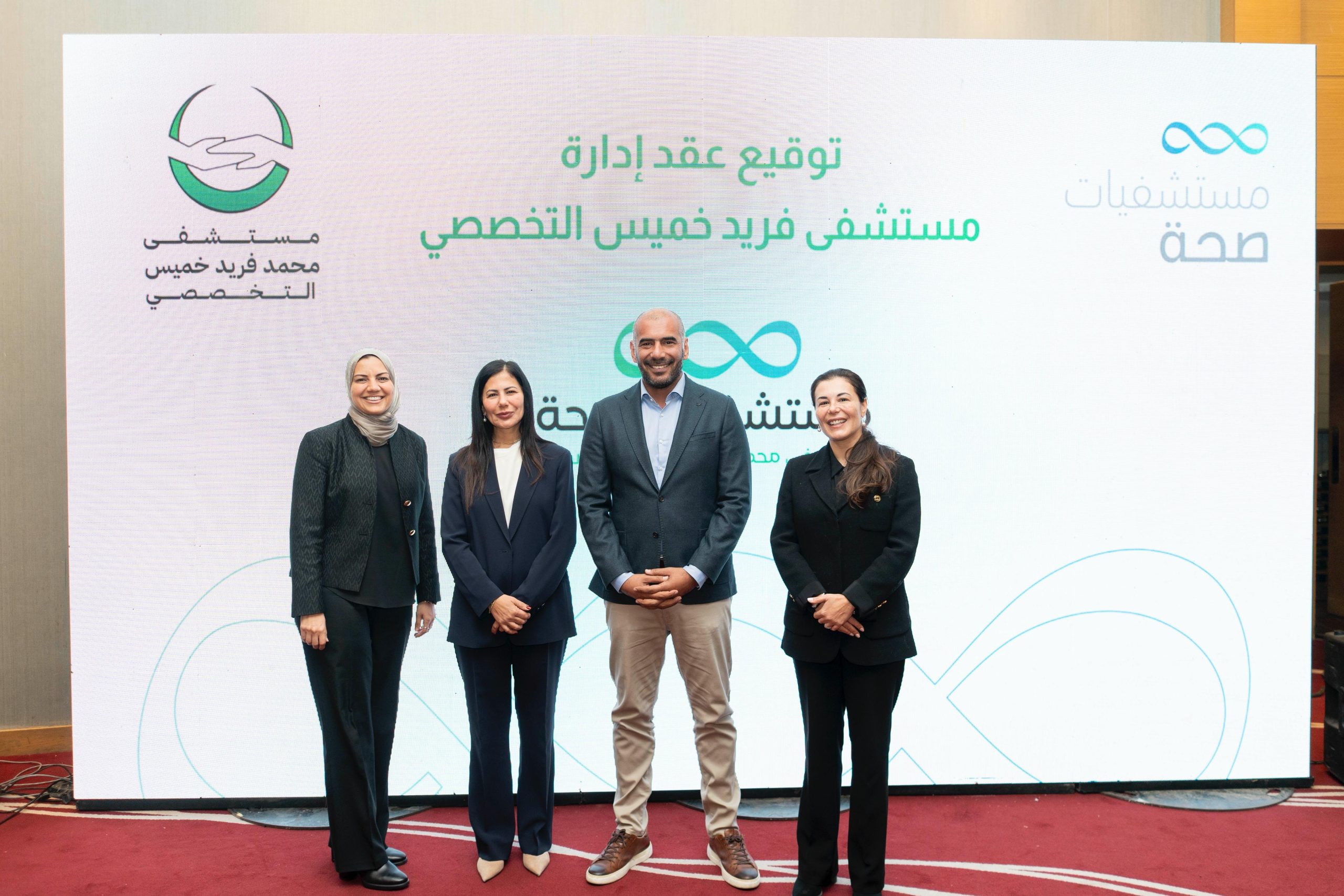Dubai – Masaader News
Claiming more than 4,500 lives daily, tuberculosis (TB) continues to be the top infectious killer worldwide as well as the leading cause of death among people living with HIV, the United Nations said Friday, ahead of World Tuberculosis Day.
“The world has the resources to end the interlinked epidemics of tuberculosis and HIV, but political commitment and country action are lacking,” said the Executive Director of UNAIDS – the Joint UN Programme on HIV and AIDS – Michel Sidibé.
“Political, religious and civil society leaders need to step up to guarantee everyone the right to breathe, to live free from tuberculosis and AIDS,” he added.
For his part, Tedros Adhanom Ghebreyesus, Director-General of the World Health Organization (WHO) noted the “devastating” social and economic impacts of TB, including poverty, stigma and discrimination – adding that antibiotic resistance has caused many drugs to lose their efficacy in combatting the disease.
“While the world has committed to end the TB epidemic by 2030, as part of the Sustainable Development Goals (SDGs), actions and investments do not match the political realty,” he stressed in a video message.
The UN is calling on all partners to take unprecedented and bold action to advance efforts to end TB and AIDS by 2030.
“Now is the time to make commitments become actions, we need increased and sustained financing,” Mr. Tedros spelled out, calling World Tuberculosis Day an opportunity “to mobilize political and social commitment for accelerated progress to end TB.”
While preventable and curable, persistent challenges remain, many of which are shared by the HIV response, including unequal access to services.
Noting that both can be addressed effectively with integrated programmes, UNAIDS outlined five important actions for partners, beginning with impelling political, religious and civil society leaders to champion the universal right to live free from TB and HIV.
Secondly, communities must be empowered to call on governments to demand their right to health – improving living standards to reduce the burden of TB and HIV.
The third action endorses promoting non-discriminatory service delivery to protect all against catastrophic health expenditures in the context of universal health coverage – extending care beyond health to include safe workplaces and places of detention.
Next, UNAIDS advocates that finance ministers be engaged to approach health as an investment, not an expenditure, in which returns demonstrate their long-term value to societies and economies.
Finally, the Joint UN Programme also recommends greater public-private sector partnerships to accelerate for innovative new medicines and vaccines.
Ending global TB and HIV epidemics is possible
In September 2018, world leaders will come together at UN Headquarters in New York for the first-ever UN General Assembly High-Level Meeting on Tuberculosis to adopt a progressive, visionary and actionable political declaration on the disease.
Both agency heads said that the High-Level Meeting could provide the political, social and financial momentum needed to end TB.
“This year could be the most important since Robert Koch discovered the cause of TB, 136 years ago, but only if we all show leadership,” said Mr Sidibé.
“I’m stepping forward for a TB-free world,” Mr. Tedros said, “please join me.”











